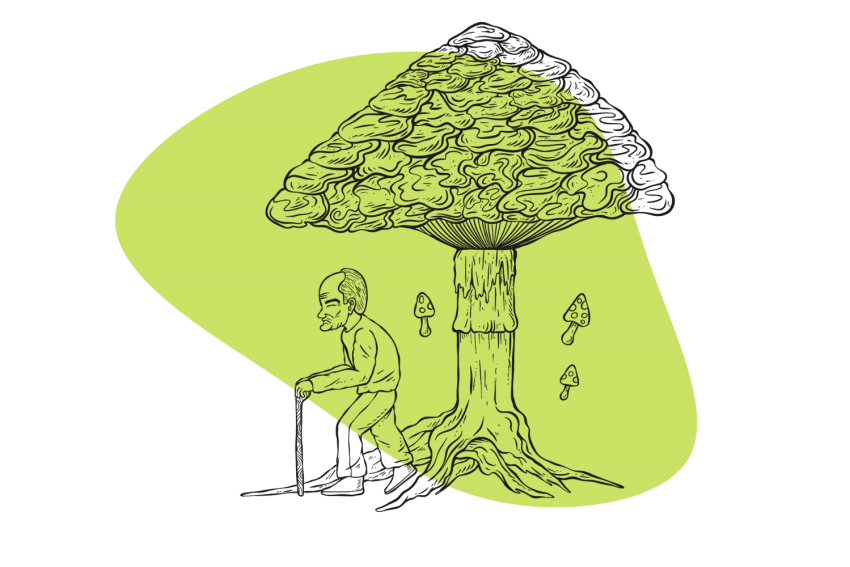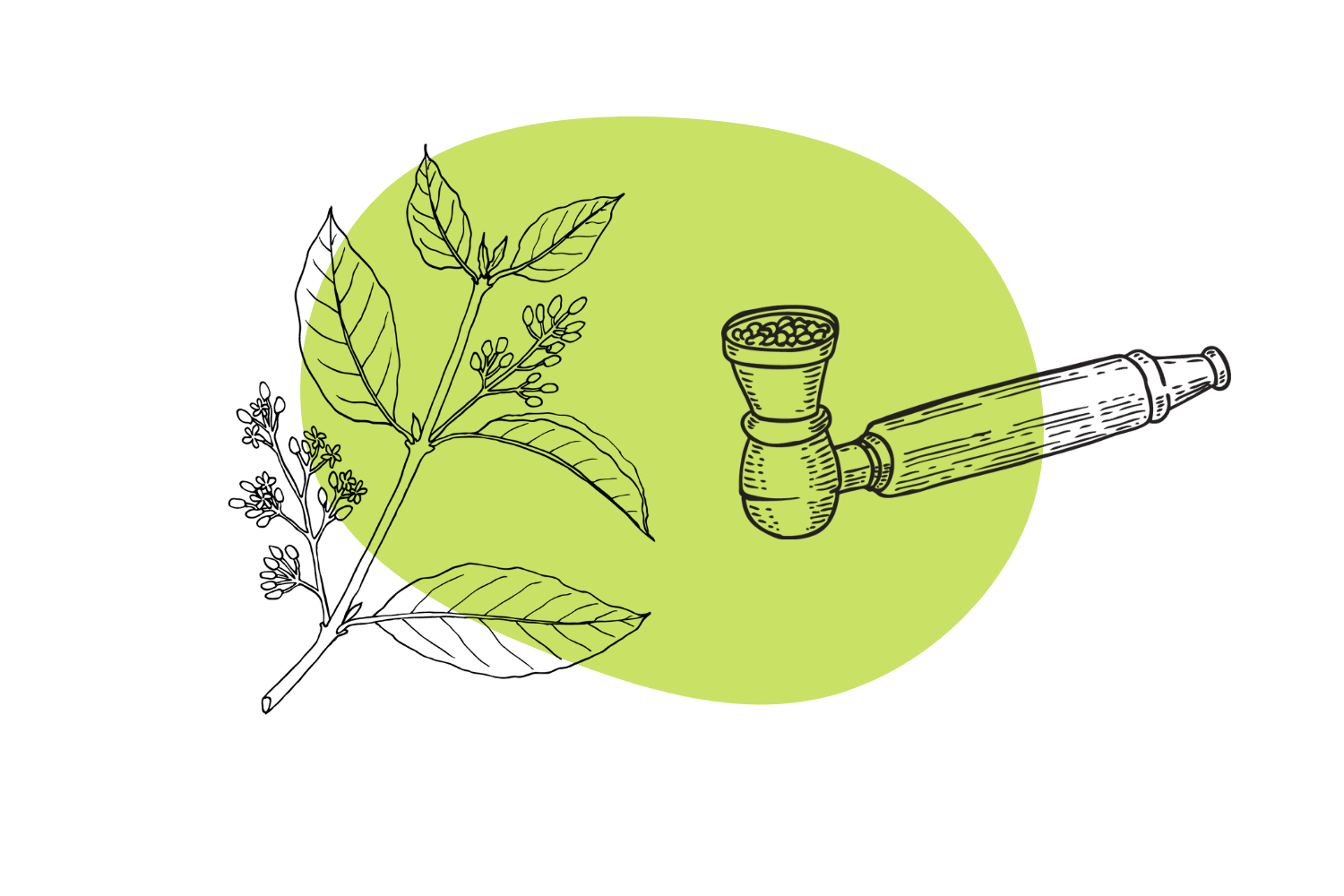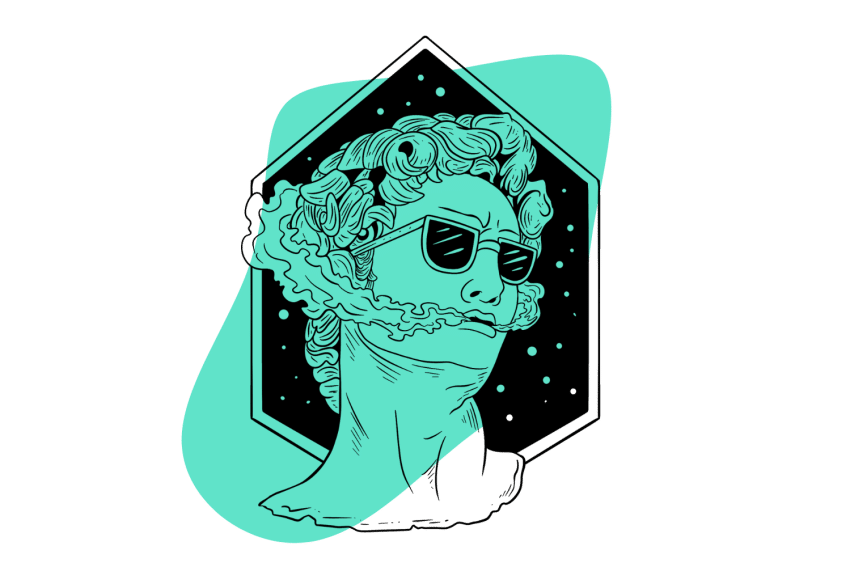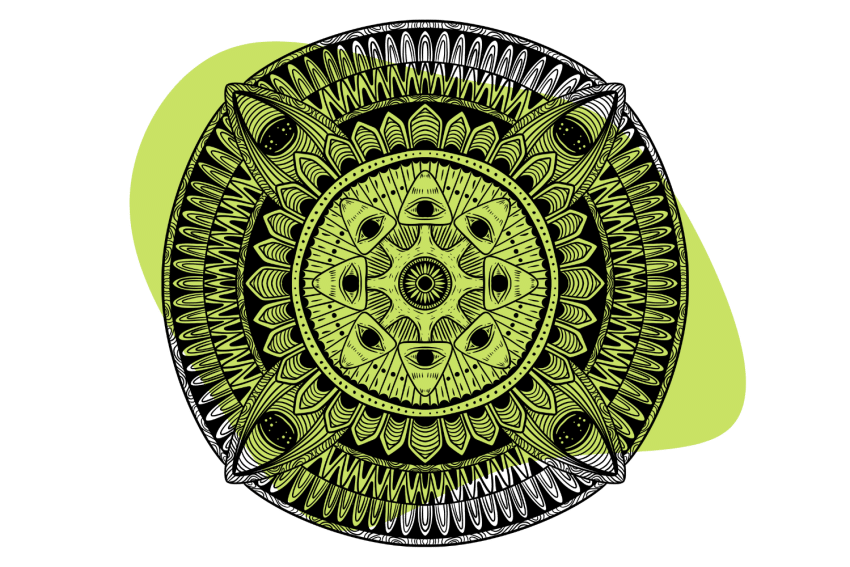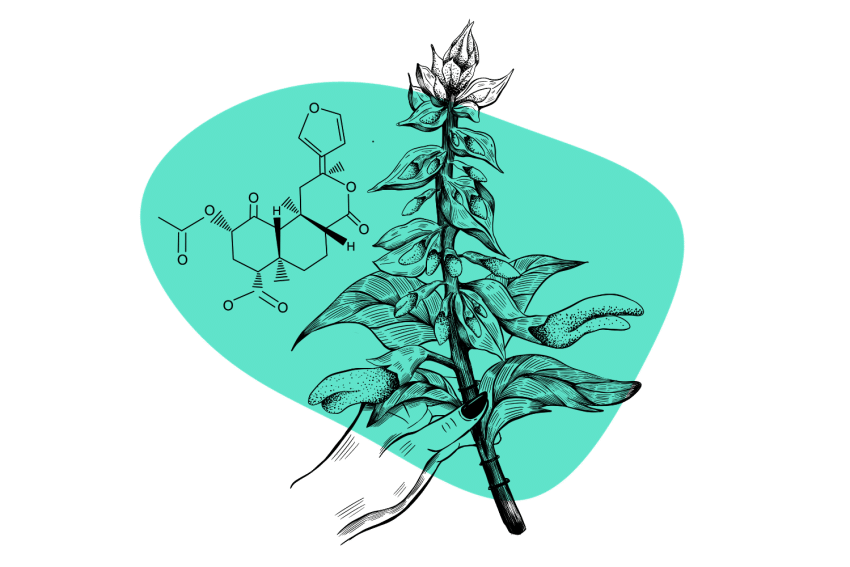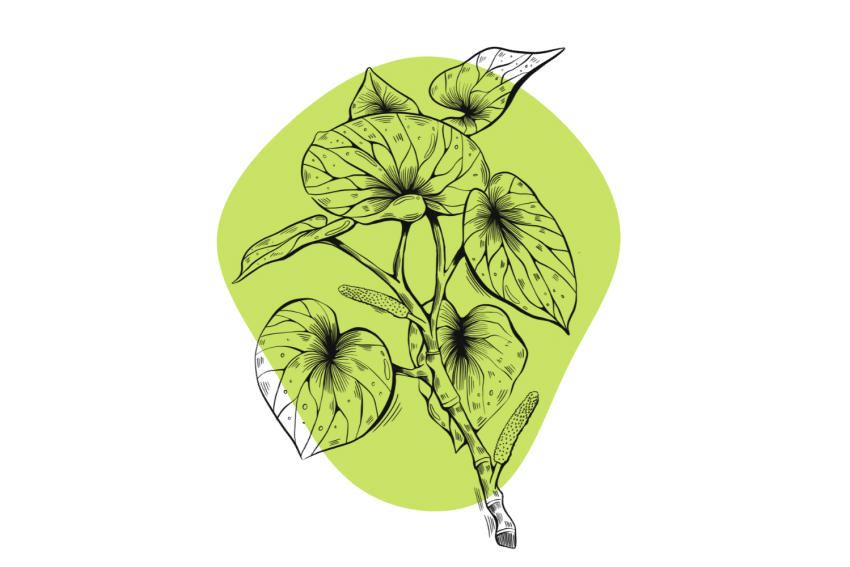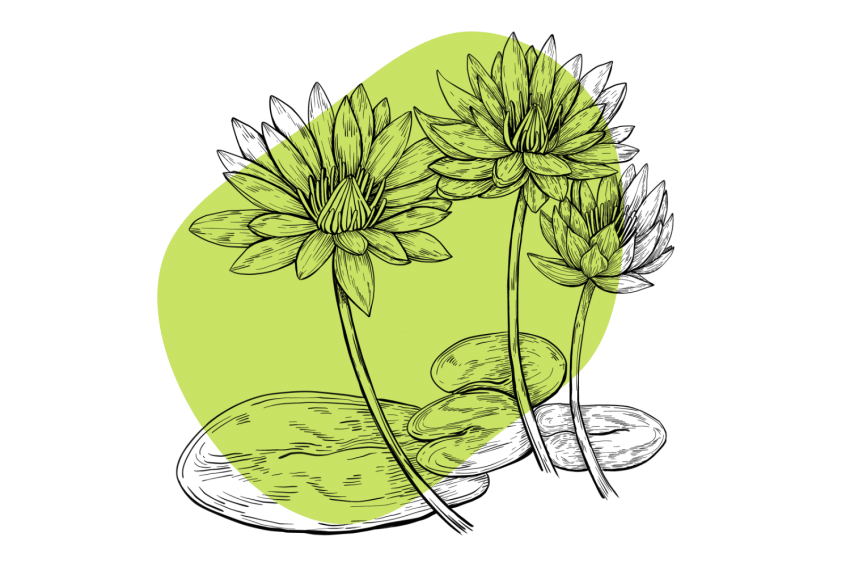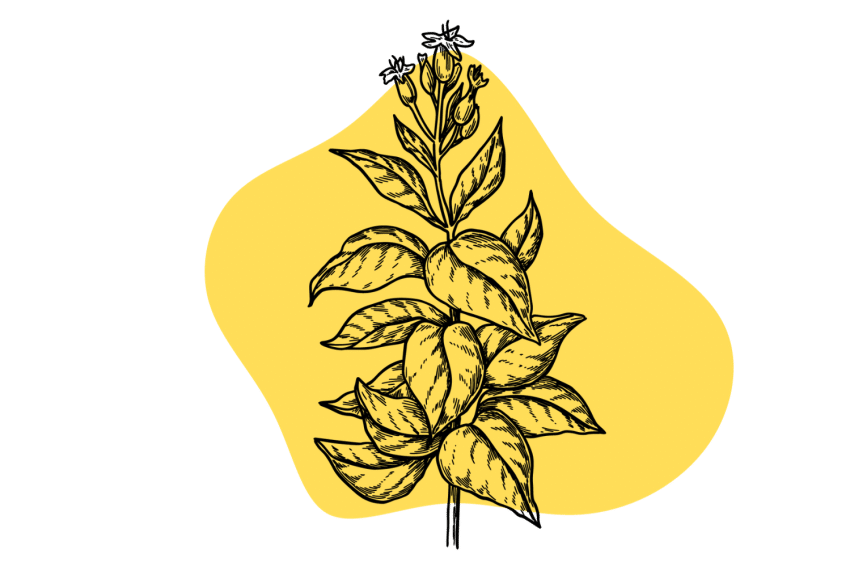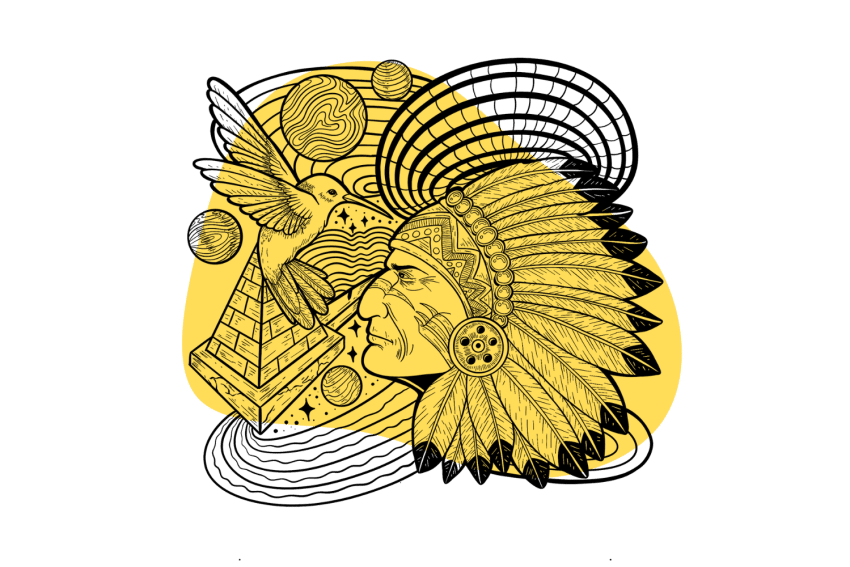How to Find Psychedelic Clinical Trials Near Me
Volunteering for research is an opportunity to contribute to psychedelic research and trip safely (and for free!).
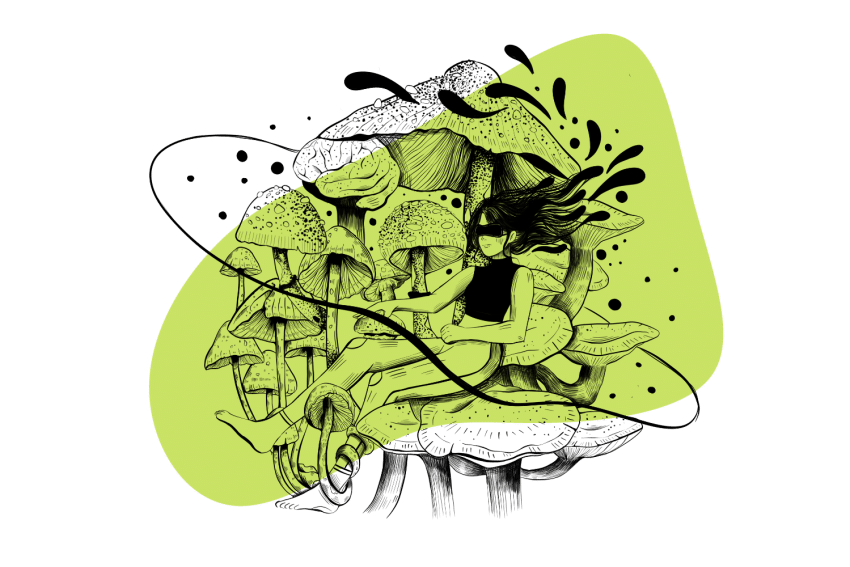
Word about psychedelics is spreading, and people everywhere are curious to try them. And with good reason — psychedelics show the potential to help with many issues. However, psychedelics remain mostly illegal, and joining a clinical trial is the only way for most people to access substances like psilocybin, MDMA, and DMT.
The good news is that there have never been so many trials looking for participants. Psychedelic research has grown exponentially, and trials for “healthy normals” and people seeking treatment for conditions like depression, anxiety, addiction, PTSD, and many others exist.
However, getting accepted into a clinical trial requires meeting very specific requirements. Not everyone will get a spot, but we encourage you to apply and help advance research into psychedelics.
Read on to find out what kinds of psychedelic research you can participate in, what to expect when participating, and resources to find and apply for a psychedelic clinical trial near you.
What Are Psychedelic Clinical Trials?
Psychedelic clinical trials are a multistage process investigating how safe and effective psychedelics are. There is a wide range of trials, and some may even pay you to trip.
Many trials include people with particular medical conditions or small group testing for safety or dose. Others might be online surveys of thousands of people self-reporting psychedelic use. Certain trials gather data, while others focus on specific interventions.
Consider the different types of research or how stages of clinical trials are conducted before applying. For researchers to get the data they need, it’s important that people don’t drop out of a study, so choose wisely. If you are lucky enough to get into a trial for treatment of a specific condition, results will be more likely with a high level of commitment.
Clinical Trial Phases
You will often hear about different phases of clinical trials. To gain approval from the Food and Drug Administration (FDA), researchers ultimately must show that the benefits outweigh the risks. The process is slow, takes many years, and requires huge amounts of money. Due to growing interest, the FDA drafted guidance on clinical trials with psychedelic drugs [1].
Below are the five official clinical trial phases the FDA uses to determine if a substance will be approved as a treatment for a specific condition, such as psilocybin for depression. Knowing the trial stage you are applying for gives you an idea of what to expect.
Here is a rough outline of the phases:
- Early Phase 1 or Phase 0 – This step establishes if a drug is safe to consume for humans and is without therapeutic goals.
- Phase 1 – The drug is given to a small group of people to understand its safety. Researchers look for side effects and how a drug works inside the bodies of healthy people.
- Phase 2 – Researchers give the drug to people with a medical condition it may treat. Results are compared to placebos or established treatments while safety is monitored.
- Phase 3 – A larger and more diverse group is recruited. Researchers continue gathering data to show a treatment is safe and effective with more variables involved.
- Phase 4 – Research into a drug’s safety and efficacy continues after the FDA approves a substance. The data can optimize use and examine long-term effects.
For example, in Phase 1 with MDMA, researchers established that the compound is safe for humans to consume. With this information, they proceed with finding an effective dose range. Researchers carefully examine how the drug works in the body, along with the side effects and adverse reactions.
With an understanding of how to safely give MDMA to people, therapy is added to the mix to try and treat PTSD in Phase 2. Researchers then build on these results by giving MDMA and treatment to more people in different locations, building a case for the FDA to approve it as a treatment for PTSD in Phase 3 [2].
Clinical Trials Without Defined Phases
You may find some trials without a defined phase. Not all research is focused on moving toward FDA approval, and psychedelics can be studied from many angles.
For example, a private company might try to bring a proprietary substance to market and focus on improving a specific condition. In contrast, a university researcher might collect brain images on psychedelics to better understand how the brain works, with no need for FDA approval.
Why Do You Want to Join a Clinical Trial?
Knowing your reasons for joining a clinical trial is key. As with preparing for any psychedelic trip, setting intentions, or simply asking, “Why am I doing this?” will help you decide on what to apply for.
Motivations might be advancing science, exploring psychedelics safely, or accessing psychedelic-assisted therapy.
Whatever your reasons, check in with your level of commitment. Clinical trials take lots of time, and parts of doing science are boring, like paperwork and waiting around.
Certain studies will require you to participate in tests while on psychedelics, which might not be your ideal set and setting.
For example, while tripping, you might need to:
- Have blood taken multiple times
- Spend a long period inside an fMRI machine
- Be covered in sticky electrodes
- Answer questions
- Perform physical tasks
Answering questions might not seem like a big deal, but being able to communicate while tripping isn’t always easy.
Psychedelic Naive vs. Psychnoauts In Trials
Depending on what is required of participants, researchers will screen for experience. Some want to know how psychedelics affect people new to the experience. These are known as “psychedelic naive.”
Alternatively, during the extended state DMT clinical trials in London, participants experienced a high dose of DMT for forty-five minutes instead of the usual ten or fifteen [3]. The researchers only chose experienced psychonauts who could handle such an intense trip.
Healthy Normals vs. Interventions
Many clinical trials are directed at “healthy normals.” While “normal” is pretty subjective, researchers will have a clear idea of the physical and mental requirements needed to access a clinical trial.
Common criteria for researchers to consider are:
- Psychiatric diagnosis, individual or family
- Conditions of the heart, kidneys, or liver
- Pregnant or breastfeeding
- Drug or alcohol abuse
- Current medications
Keep in mind that some of these examples have different importance between studies. Certain studies seek people with specific psychiatric diagnoses. Researchers will have far more detailed requirements and may not publicly share them all.
Placebos and Blinding In Clinical Trials
Trials studying psychedelics to treat mood disorders like depression, anxiety, PTSD, and addiction may be placebo-controlled. Placebos are inactive substances meant to make participants think they have taken a drug.
Researchers use placebos to manage the “placebo effect,” a phenomenon where people get better by simply thinking they took a drug or received medical attention. It’s a fascinating potential of the human mind, but it’s problematic when trying to prove a drug works.
If a study is placebo-controlled or uses “blinding,” it means not everyone in the trial is given psychedelics. You may receive nothing or a different, non-psychedelic drug in such trials — however, using placebos in psychedelic trials can be difficult.
How to Find and Join a Psychedelic Clinical Trial
Now that we have reviewed (a little) about what goes on in psychedelic research, here is how to find clinical trials near you. There are several ways to find them, but the National Library of Medicine’s search tool is the best way to determine what kind of psychedelic trials are happening and where.
How to Use ClinicalTrials.gov
You can find the clinical trials search tool here. This database includes trials in the United States and abroad.
Use a tool like Google and search for words like “psychedelics,” “psilocybin,” or “addiction” to find results for trials.
The results will show:
- Status – Look for trials with a green “Recruiting” label.
- Title – This gives a rough idea of what the study is about.
- Conditions – If something specific is being studied or if it is directed at healthy normals.
- Location – Where the trial is located. Ideally, it’s close.
Once you have found trials that suit your intentions, click them for more details.
Check dates, how many people they’re recruiting, what phase it’s in, and what doses and protocols the researchers will follow.
Be sure to review the participation or eligibility criteria carefully. You may also want to check out details like study design to confirm if a trial is randomized (meaning it includes a placebo).
After you have carefully double-checked that you are eligible and can commit, find the researchers’ contact information and get in touch.
Other Ways to Find a Psychedelic Clinical Trial
The National Library of Medicine’s tool is powerful. However, there are other ways to find clinical trials. Researchers will put out calls for participants through many different channels.
Here are feeds to monitor to hear about clinical trials:
- Social Media – Lots of researchers use X.com (Twitter) and various psychedelic subreddits. They will post calls for participants on these platforms.
- University Websites – Find ones with psychedelic research programs. You may be able to sign up for mailing lists or apply directly. We list psychedelic research centers below.
- Private Companies – These companies run trials which it may be possible to gain access to. We list a few below.
- Advocacy Groups – Non-profits doing their best to help people with conditions psychedelics treat or to gain access to psychedelics. We list potential options below.
- Psychedelic Associations – MAPS, the multidisciplinary institute of psychedelic study, brought MDMA through several phases of clinical trials as a non-profit with private funding. Other psychedelic non-profits conduct research, too, which we list below.
Where to Find a Psychedelic Clinical Trial
Below are groups that conduct psychedelic research. Not all of them will be looking for participants at this time, and this list is far from exhaustive; it’s more of a snapshot.
Psychedelic Clinical Trials In the USA
- Johns Hopkins – Baltimore, Maryland
- Washington University – St. Louis, Missouri
- Mass General – Boston, Massachusetts
- University of San Francisco (UNSF) – San Francisco, California
- Mt. Sinai – New York, New York
- Langone Health (NYU) – New York, New York
- Stanford – Palo Alto, California
- University of Wisconsin – Madison, Wisconsin
- UC Berkley – Berkeley, California
- University of Texas – Austin, Texas
- MindMed
- MAPS PBC
- MAPs
- Usona Institute
- Heffter Research Institute
Psychedelic Clinical Trials In Canada
- Queens University – Kingston, Ontario
- University of Toronto – Mississauga, Ontario
- Vancouver Island University – Victoria, Canada
- ATMA Journey Centers, Inc.NuminusCanadian Center for Psychedelic ScienceCybin
- Psychedelic Association of CanadaTherapsilCenter for Addiction and Mental Health (CAMH)
Psychedelic Clinical Trials In Australia
You can search for clinical trials in Australia here.
- Monash – Melbourne, Victoria
- St. Vincents Hospital – Melbourne, Victoria
- University of Sydney – Sydney, New South Wales
Psychedelic Clinical Trials In the UK & Europe
- Kings College – London, United Kingdom
- Imperial College London – London, United Kingdom
- Maastricht University – Maastricht, Netherlands
- University of Zurich – Zurich, Switzerland
- University of Basal – Basal, Switzerland
- Copenhagen University Hospital – Rogshospitalet
- Compass
- Atai Life Sciences – Berlin, Germany
- Beckley PsyTech
- Mind Foundation
References
- US Department of Health and Human Services Food and Drug Administration Center for Drug Evaluation and Research Center for Drug Evaluation and Research (CDER) (2023). Psychedelic Drugs: Considerations for Clinical Investigations Guidance for Industry.
- Mitchell, J. M., Ot’alora G, M., van der Kolk, B., Shannon, S., Bogenschutz, M., Gelfand, Y., … & MAPP2 Study Collaborator Group. (2023). MDMA-assisted therapy for moderate to severe PTSD: a randomized, placebo-controlled phase 3 trial. Nature Medicine, 1-8.
- Luan, L., Eckernäs, E., Ashton, M., Rosas, F., Uthaug, M., Bartha, A., … & Timmermann, C. (2023). Psychological and physiological effects of extended DMT.

